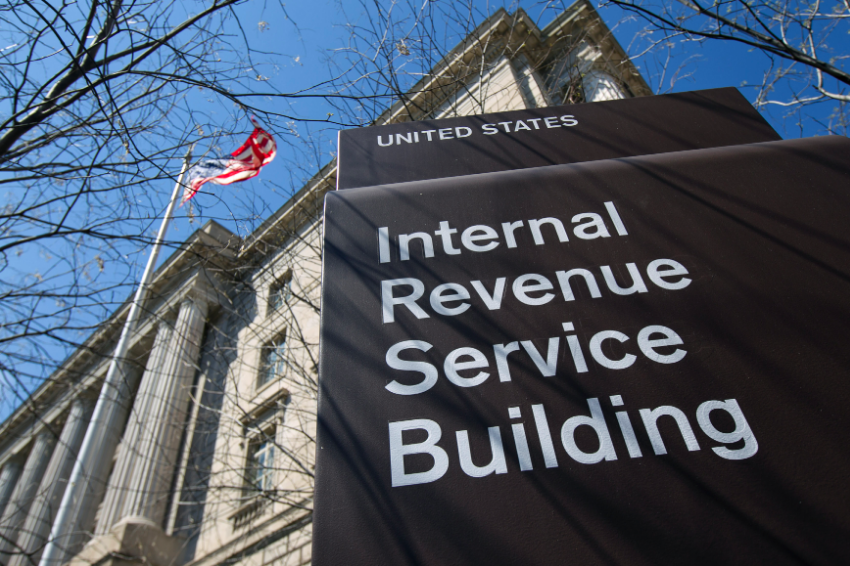Earlier this week, the IRS announced a reprieve to nonprofit organizations with regards to taxing fringe benefits. This comes as good news to those nonprofits concerned about the Tax Cuts and Jobs Act of 2017, which President Trump signed into law in December of last year.
Due to overwhelming pressure placed on top Republican leaders from nonprofit organizations, as well as opposition from the Senate, requests were made to the Treasury Department to delay the implementation of the tax until 2019.
While the reprieve is specific to the 2018 tax year; it will remain in place until such time as when Congress changes the law.
The reprieve offers a financial break to nonprofit organizations specific to calculating the cost of their qualified transportation and commuting benefits. This financial break also extends to penalties that would otherwise be assessed in the event of under-calculating these expenses.
The new law includes a provision that imposes a 21 percent tax rate on certain fringe benefits for employees of nonprofit organizations, effective January 1, 2018. These benefits, under Internal Revenue Code sections 132(f) include:
- Qualified transportation and commuting
- Transit passes
- Transportation in a commuter highway transportation vehicle between the employee’s home and workplace paid by the employer
- Qualified parking
- Onsite athletic facility
According to estimates from the nonpartisan congressional Joint Committee on Taxation, the new law, specific to disallowing transportation deductions, will save some $17.7 billion over a ten-year period, though these figures include both nonprofits and for-profit organizations. Of course these figures will now have to be adjusted given this reprieve.













